Whilst I hate labels, for the exact reason that labels put one in a box – whether deliberately or otherwise – which then dictates how one is perceived and then related with, with the attendant loss or gain of opportunities depending on whether or not the perception is positive or negative.
However, a badge of scepticism is something I am willing to wear boldly and proudly. And one that I think all should do too.
Why?
Let’s start with what seems a general definition:
Scepticism, (also spelt scepticism) is a questioning attitude or doubt toward knowledge claims that are seen as mere belief or dogma. For example, if a person is skeptical about claims made by their government about an ongoing war then the person doubts that these claims are accurate*.
So what?
We live in a world where information that can be distorted, are. And with the dawn of artificial intelligence, this may be getting worse. For example, a few days ago, a mischief-maker caused some panic when they published (and later deleted but not before some damage has been done) pictures of an explosion near the Pentagon. With the attendant implication that the US is under attack – something that isn’t far-fetched given the current spate of increases in anti-government rhetoric and violence (mostly targeting the political class), something that isn’t new as the Boston Marathon bombing, the Oklahoma City bombing and yes of course 9/11 still reminds us all of – the stock market began to plunge. Thankfully the damage was arrested soon enough.
And in the times before ours, religious** and scientific facts*** have been distorted to reach certain ends desired by the manipulators (to a large extent these still happen today, without a doubt).
Not to mention the fact that politicians for various reasons are known to be economic with the truth.
Sometimes too, the truth changes. As truth is only true for as long as the fact or evidence upon which it is based is holds. And if history is a good teacher, we have seen – in the face of improved technology and knowledge – our understanding of evidence change with the implication that the previously held truth has changed.
It is then reasonable to have a questioning mind, one that inquires and peeks behind the headlines to understand the basis of what is presented as news, fact, evidence and/or truth.
And that is how scepticism, at least in my limited view, is born.
And…
Scepticism in my view (and as I practise it) isn’t to be confused with wholescale distrust in authorities, news, clergy or science. Rather it is a careful, if, pragmatic evaluation at all times of the information being presented. For example when presented with data about a problem or the effectiveness of a strategy, whilst appreciating what has been presented, I often find that I query the choice of scale of the axis or the data that isn’t presented, or whether or not there couldn’t be alternative explanations to the data other than the one being advanced by the presenter. Sometimes I find nothing new. Somethings this leads to an enriching experience for all stakeholders.
I am almost tempted to brag that I have never been the victim of religious fraud, which is rampant in the locations where I have lived, but such a claim in itself may not be totally correct, however, I might as a result of my scepticism been able to a large extend not fallen victim of these type of fraud as the average joe – and or aided my recovery in the cases where I might have fallen victim.
—
References:
* https://en.wikipedia.org/wiki/Skepticism
** https://journals.co.za/doi/pdf/10.10520/EJC120496
***https://en.wikipedia.org/wiki/List_of_scientific_misconduct_incidents
****https://www.scu.edu/government-ethics/resources/an-honest-politician/


